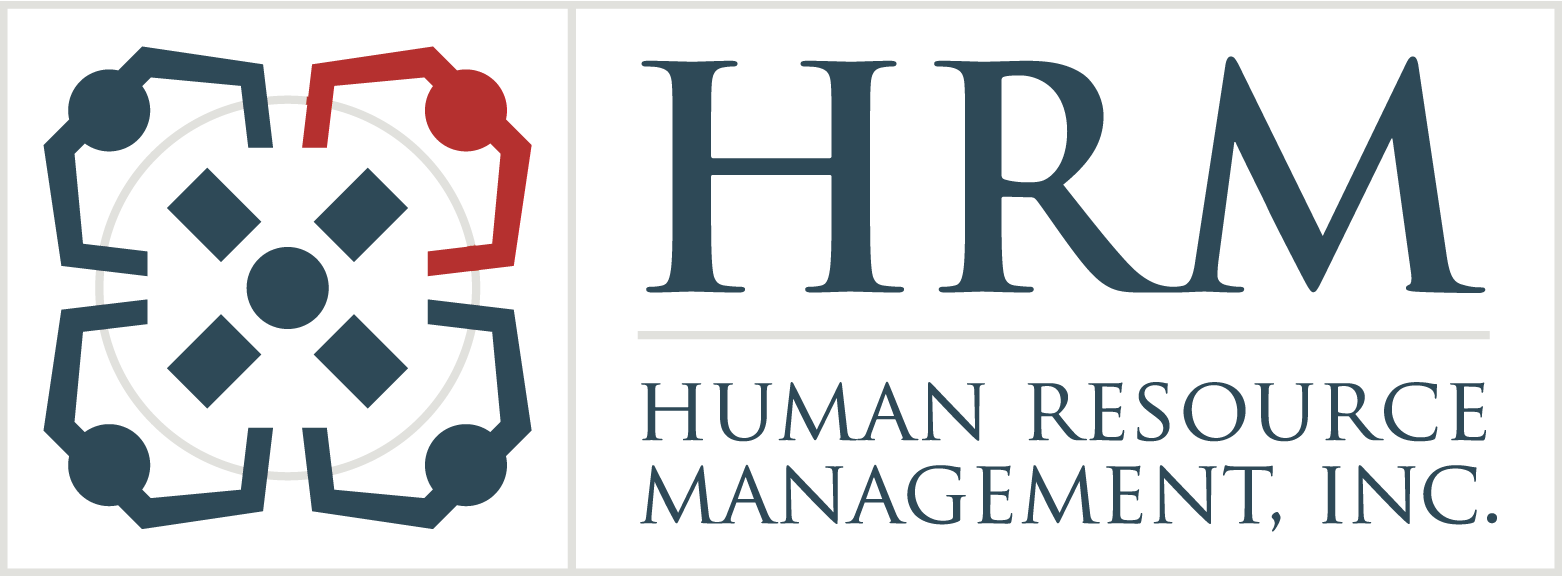PEO Exit Strategies
Leaving a PEO (Professional Employer Organization) at some point is typically an economically sound decision for most businesses, yet the transition can cause significant challenges due to the multitude of necessary changes to implement.
As a result, many employers delay this critical decision despite the clear justification, financial and otherwise, to make the move away from a PEO.
HRM provides step-by-step assistance to companies looking to exit a PEO and considering a more cost-effective unbundled HR solution such as ASO (Administrative Services Outsourcing) or an HRO (Human Resource Outsourcing) arrangement.
We understand the challenges of this process and have a team of experienced consultants who are ready to assist with all phases for a ‘pain-free’ transition.
HRM’s proprietary PEO Audit will provide a detailed assessment of your current PEO engagement, including compliance issues, service utilization and costs, and a step-by-step guide to the decision-making and transition processes, including:
HR Compliance (FLSA, ADA, FMLA, COBRA, AAP, Handbooks, Compensation, Employee Relations, Onboarding, etc.)
Payroll Administration (Technology, Processing, Tax Filings, etc.)
Liability Insurance (Workers’ Compensation, EPL, D&O, etc.)
Employee Benefits/COBRA and Leave Administration
Pension/401(K) Administration
How Our PEO Transition Services Work
Our team of seasoned HR professionals are experts in PEO transitions. Our consultants clearly map and manage all the critical steps so that companies can transition with minimal disruption. Your company is assigned a dedicated team who, at your direction, will cover all the critical and necessary steps including:
Assess, develop, and manage a customized transition project plan.
Source vendors and administer the implementation of a new payroll and HR technology systems.
Identify and coordinate benefits brokerage services and employee benefit plan design and selection.
Establish and/or augment federal and state employer filings and registrations.
Establish the package of paperwork to be reissued to all employees at the time of transition.
Develop and update the Employee Handbook.
Initiate all transitional activities.
Provide Federal and State labor law posters.
Determine all states of operation and address compliance related initiatives as needed.
Inventory all PEO proprietary documents that need to be replicated by the client at the time of transition.
Develop communication tools and plans for the new suite of services.
Develop and execute a communication plan to all employees on change and impact.
Collect all newly issued employee documentation.
Enter all collected data with each critical vendor including payroll provider and each insurance carrier.
Develop and implement new checklists for all HR related processes.
Provide continued support as needed.
Upon project completion, your company will be ready to seamlessly transition from PEO services to your new HR services model with full confidence.
About Professional Employer Organizations (PEOs)
Some businesses that are looking to streamline their HR processes have outsourced these functions to Professional Employer Organizations (PEOs). In many cases, PEO clients have the perception that in addition to outsourcing administrative functions, they are also capturing economies of scale on insurance products such as employee benefits and workers compensation by joining the PEO’s “pool.”
This perception is often inaccurate. In today’s market, insurance rates from PEOs are as high, or higher in many cases, when compared to what a client can procure in the open market. In some cases, PEOs even upcharge insurance premiums for added profit.
In addition, PEOs offer a fully bundled service offering with little flexibility. Clients are ultimately paying for a multitude of included services, which in many cases are not being used. In addition, most PEOs charge a percentage of paid client wages and are reluctant to disclose actual fees. This results in PEO clients constantly guessing as to what their actual costs are. Comparisons suggest that our unbundled ASO services are 30-50% more cost effective than PEOs.
Many PEOs are very payroll and benefits administration centric, with very limited expertise in the specialty HR functions like compensation, leave management, affirmative action programs, health and safety, employee relations, training and development, performance management, recruitment and executive search. Company seeking robust HR services with deep areas of expertise are often disappointed by the narrow breadth and shallow depth of PEO HR services.
The PEO Model vs. Our ASO Model
PEO
Employees "leased" from PEO to client
Wages reported under PEO Federal Employer Identification Number (FEIN)
PEO company name on employee paychecks
Employee benefits limited to PEO providers
Fees charged as a percentage of wages
All-inclusive fees for HR Services, whether or not services are needed
Duplication of payroll taxes upon termination
Insurance costs bundled with payroll charges
Annual benefits renewal with no flexibility
Standardized HR policies and procedures for all PEO clients
PEO permission required for hiring and terminating employees
HRM ASO
Employees remain employed by client
Wages reported under Client FEIN
Client company name on employee paychecks
Client selects benefits plans and providers of choice
All fees clearly disclosed per employee per month
Services and fees determined based on client needs
No payroll tax duplications
All insurance costs clearly itemized
Fully customized HR policies and procedures based on client culture
No permission required to hire and terminate employees
HRM offers ASO unbundled services, which are great transition options for companies that are ready to exit from a PEO but do not need a full-time HR department. The savings, HR expertise and employee satisfaction are all great reasons to take a look at the difference we can make!

